The Seaweed Hub’s Advisory Board represents key groups involved in the domestic seaweed sector, including industry, Indigenous communities, research, academia, and federal agencies.
The Advisory Board plays an integral part in the Seaweed Hub’s success. Advisory Board members provide feedback on the implementation of planned activities, informs deliverables and provides support to the managing Sea Grant programs.
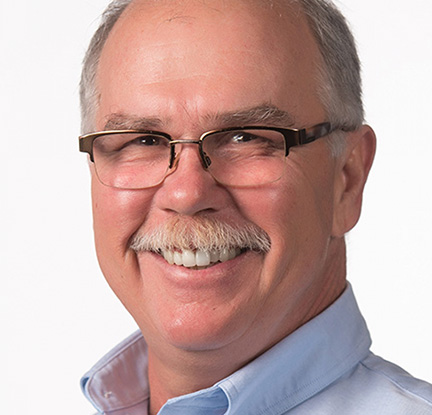
David (LaDon) Swann
Director, Mississippi-Alabama Sea Grant Consortium; National Sea Grant Aquaculture Liaison
He is responsible for implementing practical solutions to coastal issues through competitive research, graduate student training, extension, outreach and K-12 education in Alabama and Mississippi. In his national role as a Sea Grant aquaculture liaison, he works to strengthen the Sea Grant aquaculture portfolio. He has conducted research on shellfish aquaculture and habitat restoration, and he has many years of experience designing, delivering and evaluating adult education programs.
The Tennessee native worked 10 years with the Illinois-Indiana Sea Grant College Program at Purdue University, where he earned a Ph.D. in curriculum and instruction for adults. His bachelor’s and master’s degrees were obtained from Tennessee Technological University in wildlife and fisheries management and fisheries biology. He also served as a U.S. Peace Corps aquaculture volunteer in Togo, West Africa.
Dr. Swann serves as the lead contact for the Advisory Board.
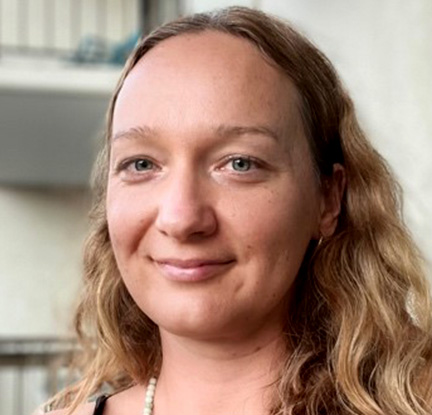
Simona Augyte
Science Lead, Macroalgae
Simona Augyte completed her Ph.D. at the University of Connecticut with a focus on kelp genetics, ecophysiology, and aquaculture. She received a Bachelor’s in Botany with a minor in Art and then a Master’s in Biology from Cal Poly Humboldt. In her current role as Macroalgae Science Lead at Ocean Era on Hawai’i Island, Simona oversees the pioneering tropical offshore macroalgae culture program, and the macroalgae utilization research using the microbiome of herbivorous reef fish as a model. She enjoys bringing together both interdisciplinary teams and the public for marine conservation and education over all things seaweed for food, feed, and bioenergy production.
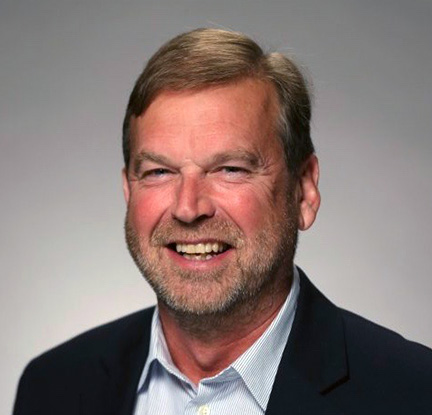
Sebastian Belle
Sebastian Belle, Executive Director, Maine Aquaculture Association
A longtime leader in aquaculture, Sebastian Belle has dedicated his career to demonstrating global leadership in aquaculture and advocating for a sustainable working waterfront. Since 1984, Belle has established best practices and advised commercial aquaculture ventures around the world, bridging private and public sectors. In April 2022, Belle was appointed as president of the board of directors, National Aquaculture Association (NAA) for the 2022 term. Prior to joining the MAA, Mr. Belle was the state aquaculture coordinator, working for the Maine Department of Marine Resources. Mr. Belle serves on NOAA’s Marine Fisheries Advisory Committee and on the board of directors of the Maine Fishermen’s Forum, The Island Institute, and The Maine Aquaculture Innovation Center. Mr. Belle is also vice president of the International Salmon Farmers Association. “Now more than ever aquaculture needs to unify as a sector to balance innovation with long-term sustainability,” says Belle. “Our seafood farm families, in Maine and across the nation, and working waterfront depend on it.”
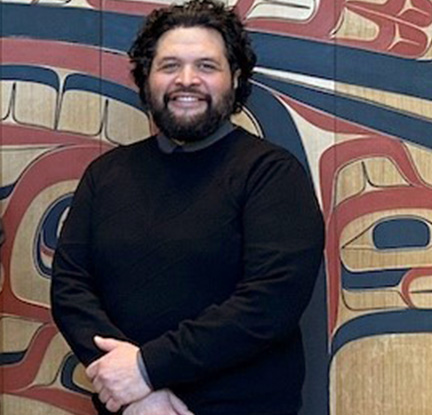
Keolani Booth
Metlakatla Indian Community Tribal Council Member
Keolani Booth is a Councilman for the Metlakatla Indian Community in Southern Southeast Alaska, of which he is a lifelong member. Harvesting Black Seaweed every spring from the beaches surrounding Annette Island, is not only an important resource for his family and elders, but a tradition that has been passed down to him over hundreds of years. Mr. Booth was a commercial fisherman and harvest diver for 25 years prior to starting his career in Civil Service.. In recent years, Mr. Booth has served on his community’s Natural Resources Committee to explore kelp and mariculture as an economic driver for the region. He advises Alaska Sea Grant, the Alaska Mariculture Alliance, and other groups about Native traditional perspectives and how they can be incorporated into programming. Mr. Booth continues to work with state, federal and industry partners to bring mariculture into the forefront, enabling all Alaskans to prosper and sustainably provide these nutritious products to the world.
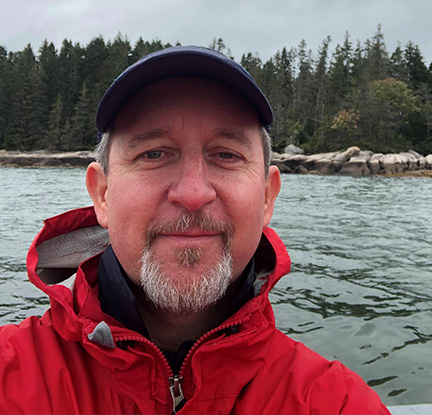
Kevin Madley
Aquaculture Coordinator, NOAA Fisheries
Kevin Madley is an Aquaculture Coordinator for the Greater Atlantic Region of NOAA Fisheries Service, based in Gloucester, Massachusetts. Kevin works with federal and state agencies, industry, and members of the scientific, academic, and NGO communities on a variety of marine aquaculture issues. He has over 15 years of federal policy and regulatory experience. Kevin worked as a biologist with the Florida Fish and Wildlife Conservation Commission for nine years in the Center for Spatial Analyses and Ecosystem Assessment and Restoration divisions. Kevin has also worked for consulting companies providing marine habitat mapping and GIS services, in-water site assessments, and regulatory assistance to business and property owners. Kevin earned B.S. and M.S. degrees in biological sciences from the University of South Florida.
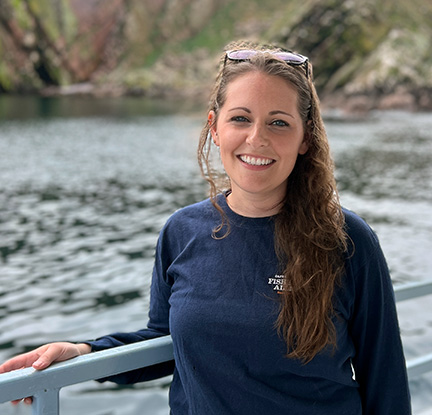
Brianna Shaughnessy
Aquaculture Literacy Coordinator, NOAA Fisheries Office of Communications
Brianna is a Communications Specialist with the NOAA Fisheries Office of Communications, and is NOAA’s seafood literacy coordinator. Her work primarily focuses on supporting cross-sectoral partnerships that enhance public understanding of sustainable seafood production through outreach, education, and communications programs. Brianna was raised by the working waterfront communities of Cape Cod, and studied Biology and Art History at Wheaton College in Massachusetts. She went on to complete a Master’s of Professional Science in Marine Biology from Northeastern University’s Three Seas Program, and a Ph.D. in Environmental Science in Jarrett Byrnes’ lab at the University of Massachusetts Boston. Her transdisciplinary doctoral research examined the sustainable expansion of sugar kelp farming in the Northeast region of the United States, working directly with the industry to assess heavy metals hazards, public perceptions, and management recommendations. Brianna’s long-term goal is to act as a liaison between seafood industry communities, and the scientists and policymakers working to manage and promote sustainable seafood production.